By Kate Elliott (@KateElliottSFF)
Excerpted from our Sirens Guest of Honor interview with Kate posted earlier this week.
Any time I start listing recommendations I know I will leave out writers, and it is my considered opinion that one of the obstacles women writers (and writers along other diverse vectors) face is invisibility. Even in 2015 people still say, “but women don’t write epic fantasy.” I’ll be honest. Every time I hear that statement I may roll my eyes, because it’s so absurd, but it also hurts a little because by any possible definition I write epic fantasy and have been doing so for (as you point out) years. (In fact, now I feel old. OLD, I tell you.)
First, how are we defining epic fantasy? Massively long multi-part series set in historical-type settings, but with the addition of magic, fantastical creatures, and an empire- or earth-shattering conflict? Or any long fantasy, maybe in parts but maybe not.
I don’t have a definitive definition and I don’t think anyone does or ever could. I would urge every reader to seek out new worlds . . . and writers new to them. Exploration is half the fun.
Strangely enough, this thread from 2014 over on Reddit mentions a LOT of names. With great trepidation I’m going to mention five names only with the understanding that there are many, many, many works I love out there, and far more I haven’t (yet) read. I’m choosing these as examples to branch off from and it actually pains me not to make a comprehensive list of 100 or 150 writers because I want to salute all the people. Please understand that I bitterly regret each writer who isn’t mentioned here. Please seek them out. They are fabulous.
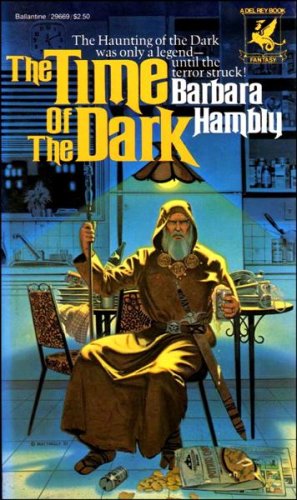 |
1. The Time of the Dark trilogy, Barbara Hambly
Barbara Hambly’s The Time of the Dark trilogy from the 1980s. Grimdark before the term was being used to describe male-written gritty fantasy. This is a portal fantasy about two people from our world pulled into a very dark and grim world indeed. A classic. |
| |
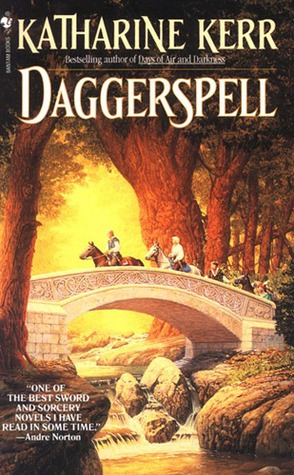 |
2. The Deverry series, Katharine Kerr
Katharine Kerr’s 1986-2009 Deverry series (start with Daggerspell but make sure it is the revised version). A complete series of 15 books with a story highlighting how actions have consequences that unfold across lifetimes (it used reincarnation as a theme before Robert Jordan did). A fully detailed world, memorable characters . . . just read it. |
| |
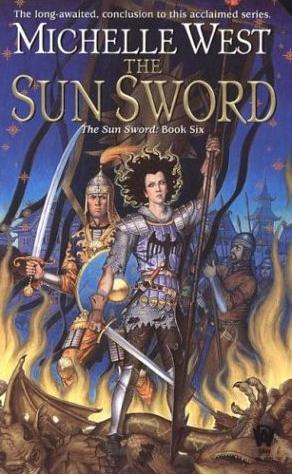 |
3. The Sun Sword series, Michelle Sagara West
Michelle Sagara West’s The Sun Sword (1997-2004) six-book series. Empires at war, demons invading from another dimension, and one of the most intense examinations of how duty and loyalty bind people together and tear them apart. This is dense and often slow moving, and rich in characterization and setting. There are also both prequel and sequel series to The Sun Sword, but I’m starting you out slow. For “lighter” fare by the same author, try her “Cast In” (Chronicles of Elantra) series. |
| |
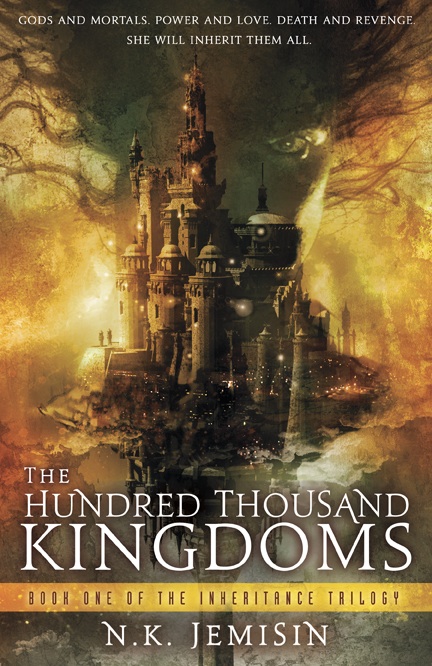 |
4. The Inheritance Trilogy, N. K. Jemisin
N. K. Jemisin: Some might argue that her books aren’t long enough in word count to qualify as epic but her Inheritance Trilogy is about a war among the gods, for goodness sakes. How can that not be epic? Jemisin is a consistently vivid and smart writer, and I loved the Inheritance Trilogy and her The Killing Moon duology, so naturally I also look forward to her new series which launches in August and is about cataclysmic events that shatter civilizations, The Fifth Season. |
| |
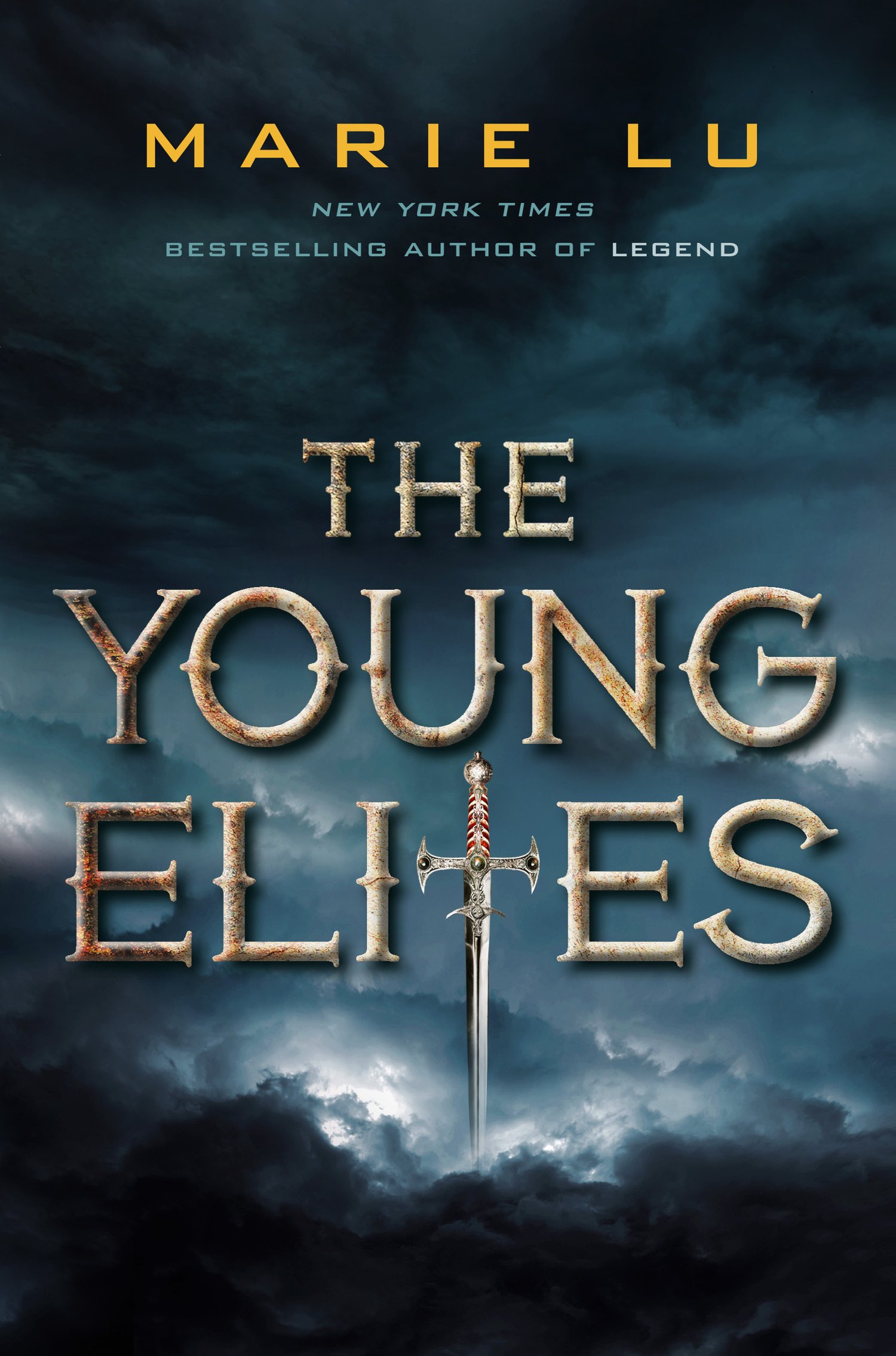 |
5. The Young Elites, Marie Lu
Marie Lu is one of many newer writers who have made their careers in YA when, twenty years ago, they might well have debuted in adult SFF. Her The Young Elites is a strong fantasy with chaotic magic, rival factions, and a girl who may become the villain we should all fear. |













Your forgot Katherine Kurtz and her 12 book Deryni series